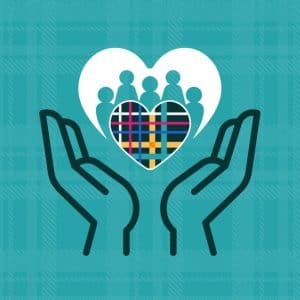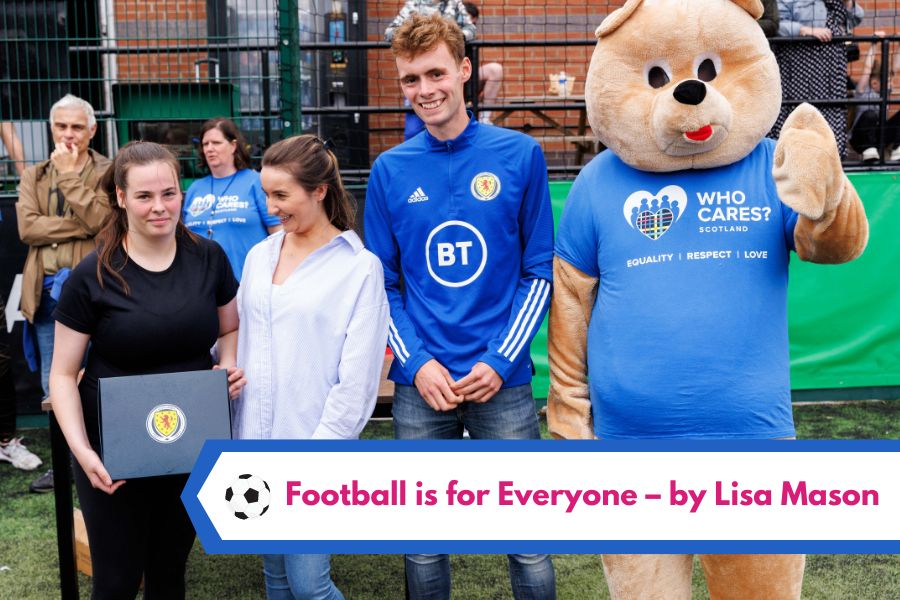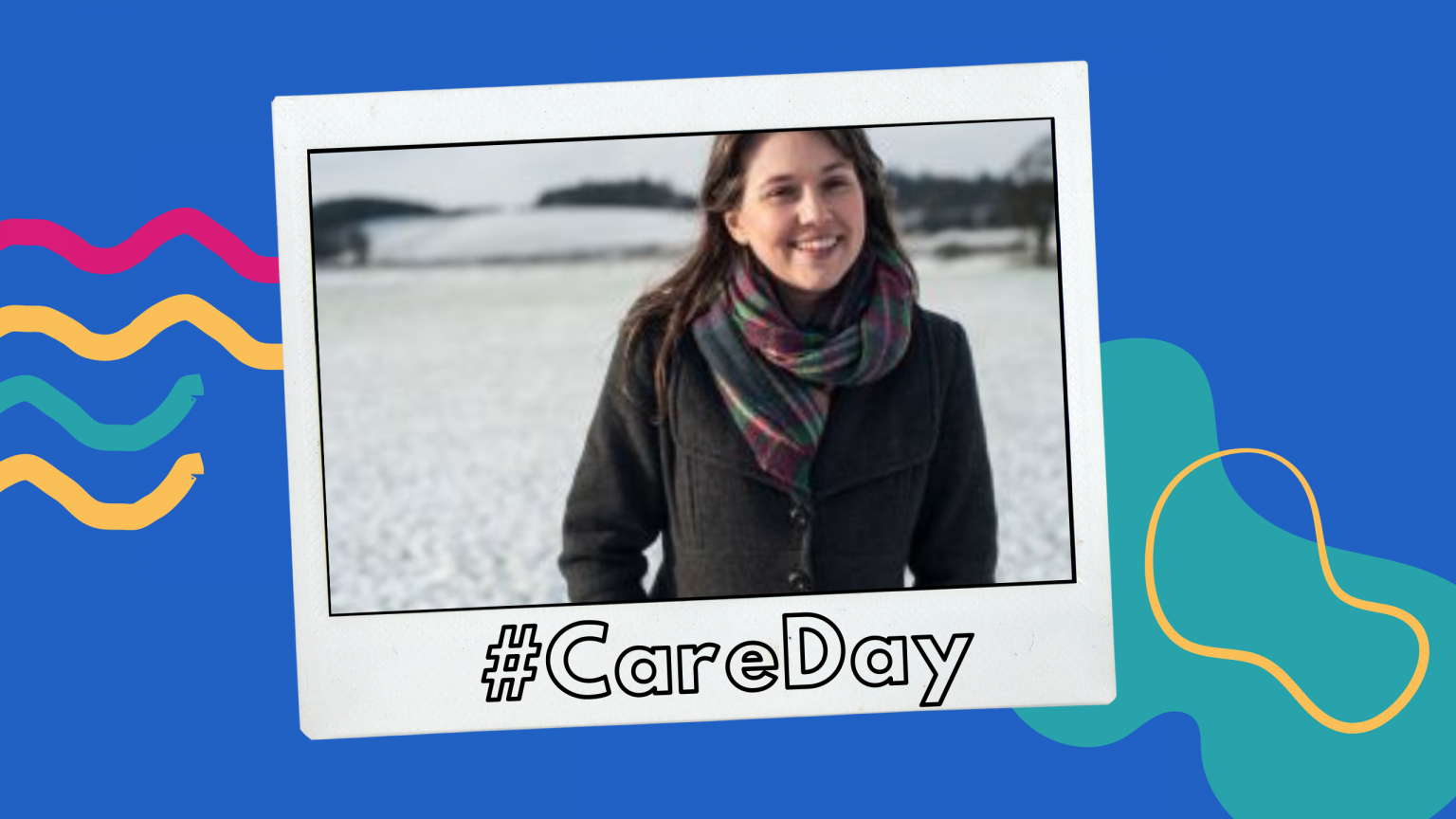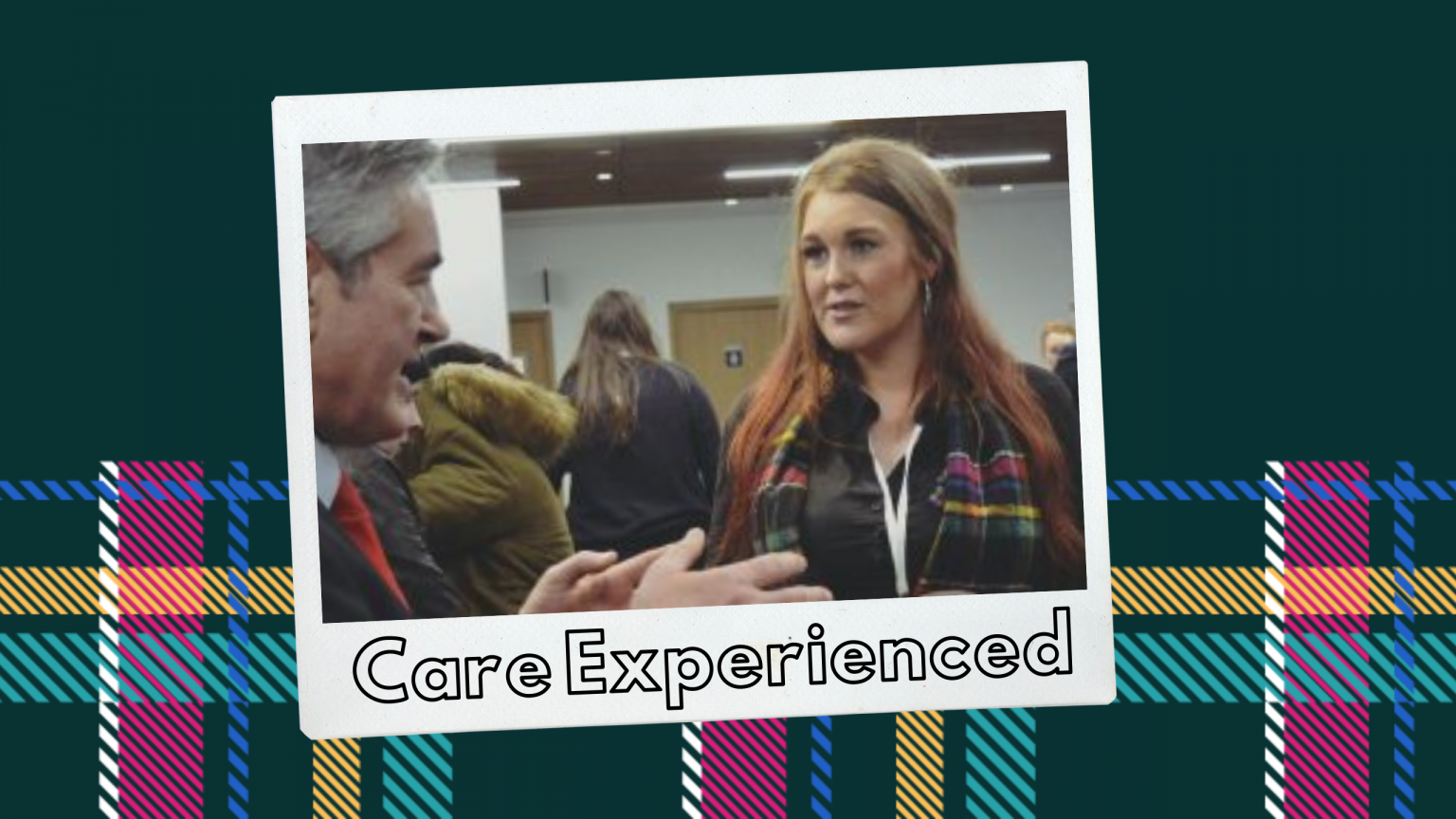Growing up on the Isle of Lewis, my love for football was an unbreakable bond that shaped my childhood and continues to define who I am today. Obviously, something that comes with passion also comes with its challenges, especially as a girl in a community where traditional views dominated, and the older generation often dismissed football as a sport for boys.
From a young age, I was aware of the stigma. Girls weren’t supposed to play football, or at least that was the unspoken rule. Whenever I laced up my boots and stepped onto the pitch, I could feel the eyes of disapproval on me. It was a heavy burden to carry, knowing that my dream of becoming a professional footballer was seen as unconventional, even rebellious. The judgement and occasional comments questioning my place on the field were constant reminders of the societal barriers I was up against.
These challenges were compounded by my personal circumstances. Growing up in care, life was often difficult and filled with uncertainty. The instability brought on immense stress, and I frequently felt lost in a world that seemed too big and too harsh. Amidst the chaos, football became my safety net. It was the one thing that made sense, a place where I could escape and find freedom.
Every time I played, I felt a surge of happiness and a sense of belonging that I rarely experienced elsewhere.
Football was more than just a game for me; it was my lifeline. On the pitch, I was not a girl defying societal expectations or a child in care. I was simply a footballer, free to express myself and pursue my passion. The field was my safe place, a place where the noise of the outside world faded away, leaving only the sound of the ball and the rhythm of the game. It was in these moments that I felt truly alive.
Despite the happiness football brought me, the journey was not without its struggles. The negative energy and judgement from those around me sometimes made it difficult to stay motivated. However, my love for the game was unwavering. I learned to channel the negativity into fuel for my determination, proving to myself and others that I belonged on that pitch just as much as anyone else.
One of the best experiences in my football journey has been the support from Who Cares? Scotland. They provided opportunities that I never thought possible, like the Care Cup, a tournament that allowed me to showcase my talent and meet other young people who shared my love for the sport.
Through these opportunities, I found a community that embraced and uplifted me. Playing football without the weight of negative energy is a feeling I cherish every day. The support network I discovered helped me realise that the football community had been missing out on the unique talents and perspectives of Care Experienced young people. We have so much to offer, and our love for the game is profound, forged in the crucible of our experiences.
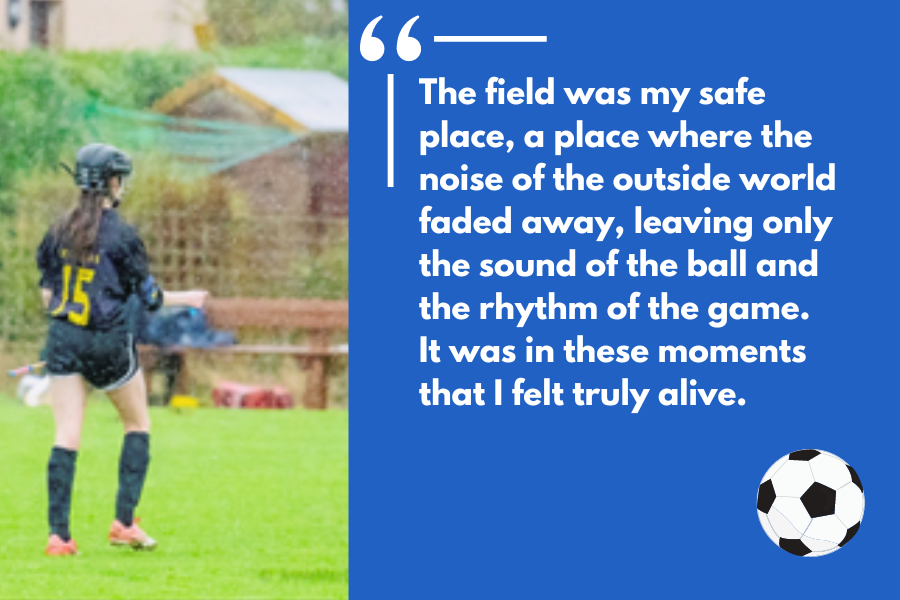
Today, I play football with a renewed sense of purpose and joy. The judgments and stigma that once overshadowed my passion have diminished, replaced by confidence in my abilities and my right to pursue my dreams. Football is not just a sport for boys or girls; it is a sport for anyone with the heart and determination to play. I also take part in shinty and rugby.
My journey has been marked by challenges, but it has also been enriched by the unwavering support of those who believed in me. Football has given me a place of happiness and belonging, a reminder that no matter the obstacles, pursuing what you love is always worth it. As I continue to play and grow, I am committed to showing the world that Care Experienced young people are a vital part of the football community, bringing resilience, passion, and a unique perspective that enriches the beautiful game.
Sport Scotland also recorded a podcast about understanding the barriers for young people in care, and talked about what can be done to ensure that sport is a welcoming place.
Our member and volunteer, Kira and member of staff, Callum helped to shine a light on this topic, and share some tips for anyone involved in sport to play their part in making sport more inclusive for Care Experienced people.



